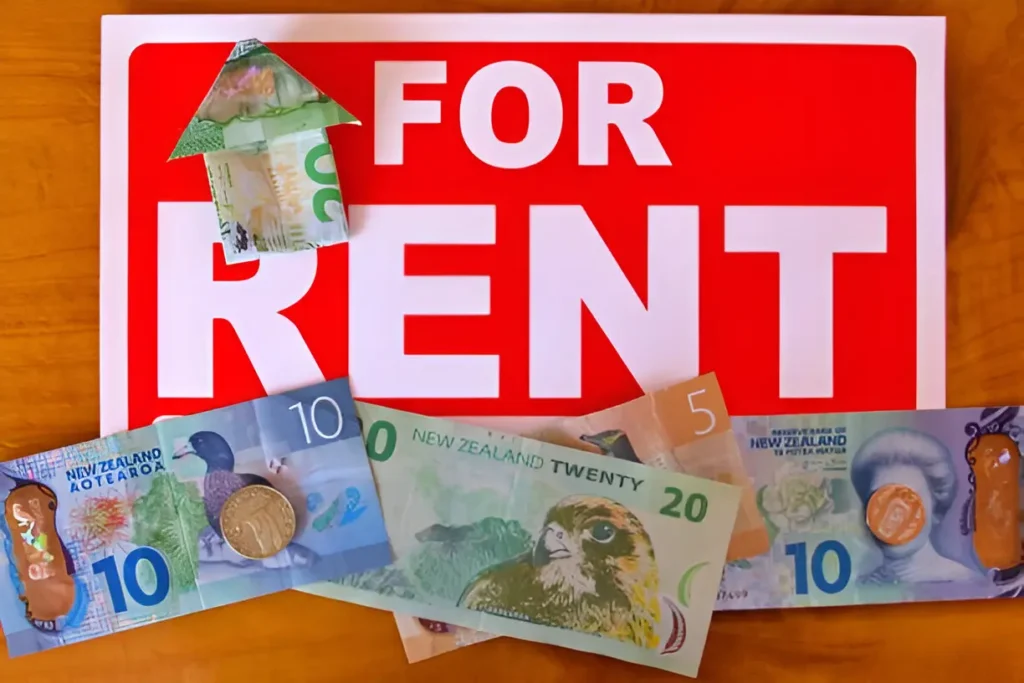Introduction: Short-Term vs. Long-Term Rentals
As Wellington continues to attract students, professionals, and tourists alike, many property owners and investors find themselves wondering how best to maximise their rental income. Should they list their property as a short-term rental on platforms like Airbnb, or secure a long-term tenant for stability?
Both strategies have their own merits and challenges, and the right choice depends on several factors — including your financial goals, time commitment, and the current market trends in Wellington. In this post, we’ll explore the key differences between short-term and long-term rentals, weigh the pros and cons of each, and ultimately help you decide which option could be more profitable in the Wellington property market.
Choosing the Right Rental Strategy in Wellington
Wellington is a dynamic city with a diverse rental demand. The central city attracts a steady flow of corporate professionals and university students, while its reputation as a cultural and political hub brings in a constant stream of domestic and international tourists.
Choosing between a short-term or long-term rental strategy hinges on understanding this demand — and how your property fits into the market. Factors like location, size, local regulations, and the level of involvement you’re prepared for should all play into your decision.
Understanding Short-Term and Long-Term Rentals in Wellington
Short-term rentals are typically rented out on a nightly or weekly basis. These include listings on platforms such as Airbnb, Bookabach, and Vrbo. They cater primarily to tourists, short-stay workers, and those in town for events or short-term relocations.
Long-term rentals, on the other hand, are generally leased for a minimum of six months to a year and cater to tenants looking for stable housing. This group includes students, professionals, and families who seek reliable accommodation over a longer duration.
In Wellington, both rental types are in demand — but they cater to very different audiences.
The Pros and Cons of Short-Term Rentals
Pros
- Higher Rental Yield: Short-term rentals can command a higher nightly rate than long-term leases, especially during peak tourism seasons and special events like the NZ Festival of the Arts or international conferences.
- Flexibility: You have the freedom to use the property yourself when it’s not booked. This is ideal for owners who want occasional access to their property.
- Tax Deductions: Operating a short-term rental often allows for a broader range of deductible expenses, such as cleaning, furnishings, and supplies.
- Diverse Tenant Pool: With constant turnover, you are less reliant on a single tenant’s reliability.
Cons
- Higher Operating Costs: Frequent cleaning, restocking, and wear-and-tear increase expenses. Professional management can also be costly.
- Time-Intensive: Managing bookings, guest communication, and turnovers can be demanding, especially without a dedicated property manager.
- Regulatory Restrictions: Wellington City Council has introduced rules regarding short-term rentals in some zones. Resource consents may be required, and changes in legislation could impact long-term viability.
- Income Volatility: Bookings fluctuate seasonally, meaning income is less predictable than a fixed lease.
The Pros and Cons of Long-Term Rentals
Pros
- Stable Income: Tenants pay on a monthly basis, offering predictable cash flow and less exposure to seasonal downturns.
- Lower Management Effort: Once a tenant is secured, the workload drops significantly, especially if you work with a property manager.
- Fewer Operational Costs: There’s less need for constant cleaning, furniture replacement, or ongoing supplies.
- Stronger Legal Protections: Long-term rental agreements are governed by the Residential Tenancies Act, which outlines clear rules for both landlords and tenants.
Cons
- Lower Rental Rates: Compared to short-term rates, the weekly income from long-term rentals is usually lower.
- Less Flexibility: Your property is tied up for months or years, making it unavailable for personal use or quick sale.
- Tenant Risk: If the tenant defaults on rent or damages the property, eviction can be a lengthy process.
- Slower Market Response: Adjusting rent to reflect market conditions can only happen when lease renewals come up.
Which is More Profitable in Wellington?
The profitability of a rental property in Wellington depends largely on location, seasonality, and management efficiency.
- Central Wellington: Properties in the CBD or near popular attractions like Te Papa Museum or the Beehive are ideal for short-term rentals due to tourist demand and accessibility.
- Suburbs like Karori or Lower Hutt: These areas tend to favour long-term tenants, such as families or professionals, and typically yield stable, consistent returns.
- Property Type: Smaller units like studios and one-bedroom apartments are better suited for short-term stays, while larger homes with multiple bedrooms are attractive to long-term tenants.
When executed well, short-term rentals can be more profitable on paper. However, once you factor in the increased costs, time investment, and risk, long-term rentals may offer better net returns and peace of mind for hands-off investors.
Investors who prioritise cash flow and flexibility may lean toward short-term rentals, especially if they have a robust property management system in place. On the other hand, those who prefer passive income and minimal involvement often find long-term rentals to be the smarter choice.
Conclusion
There’s no one-size-fits-all answer to the question of short-term vs. long-term rentals in Wellington. Both strategies have strong earning potential, but they cater to different investor profiles.
If you’re after higher income and can handle the workload or afford professional management, a short-term rental — especially in a prime Wellington location — could be a strong performer. However, if stability, predictability, and lower hands-on involvement appeal to you, long-term renting is likely to be the better fit.
The best approach is to evaluate your goals, research your specific suburb, and consider hybrid strategies — such as offering short-term rentals during summer and securing long-term tenants during the off-season — to maximise your returns.
FAQs
Which rental type has lower maintenance costs?
Long-term rentals generally have lower maintenance costs. Tenants are responsible for the day-to-day upkeep, and properties don’t require frequent cleaning or furnishing replacements as with short-term rentals.
How does property management differ?
Short-term rentals often require daily or weekly attention — managing bookings, guest inquiries, cleaning, and restocking supplies. This typically involves hiring a specialised short-term rental manager. Long-term rentals, meanwhile, are more hands-off and can be managed with routine inspections and rent collection.
Which option is better for passive income?
Long-term rentals are typically more passive, especially when managed by a property professional. Short-term rentals can earn more but require constant effort or management fees, reducing their passivity.
If you’re considering entering the Wellington rental market or looking to switch your current strategy, weigh the benefits and challenges of both rental types carefully — and always stay updated on local regulations and market trends.
Also Read-Staying Ahead in Dental Practice: Continuous Education, Tech Trends, and Patient Care







